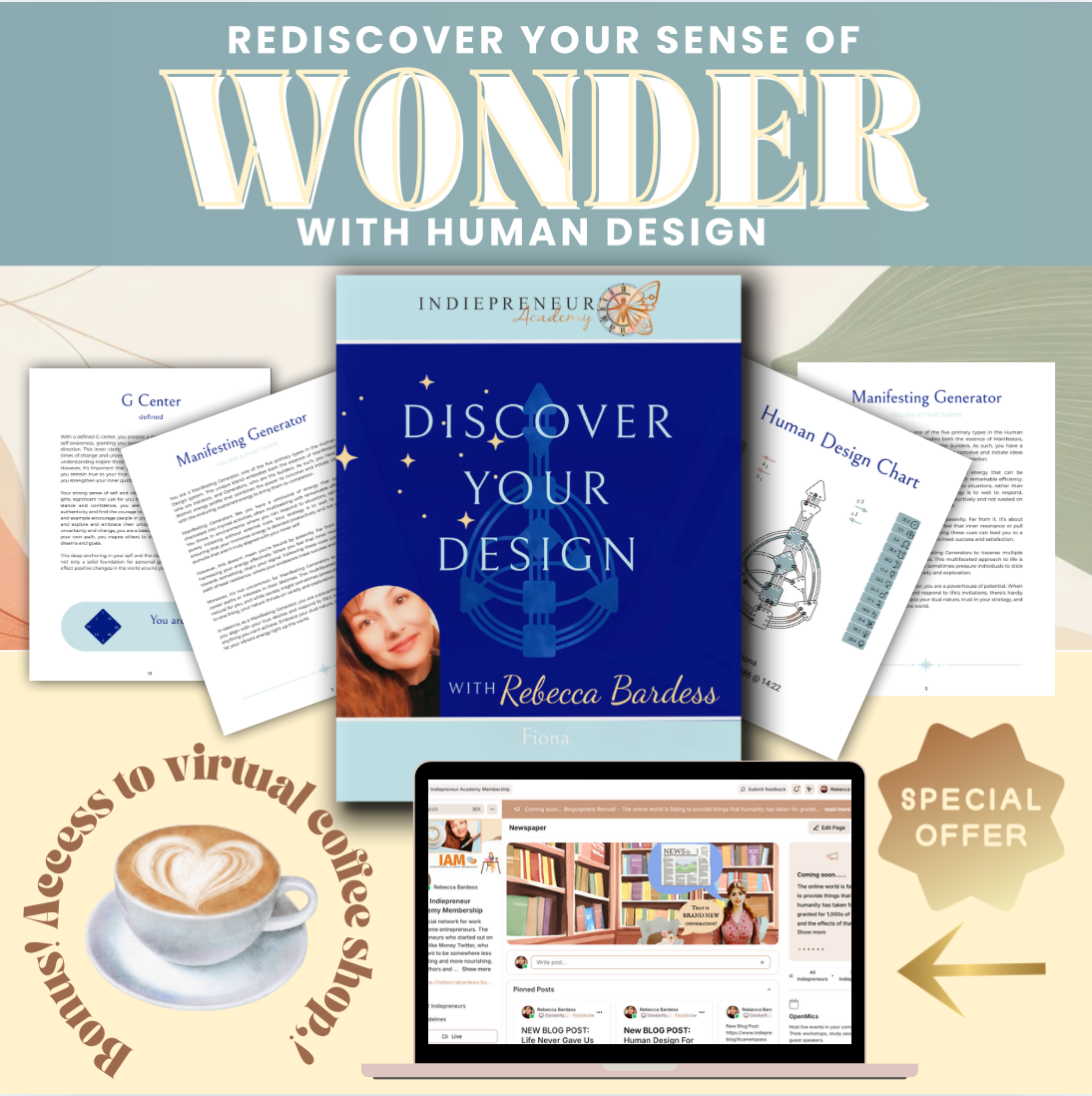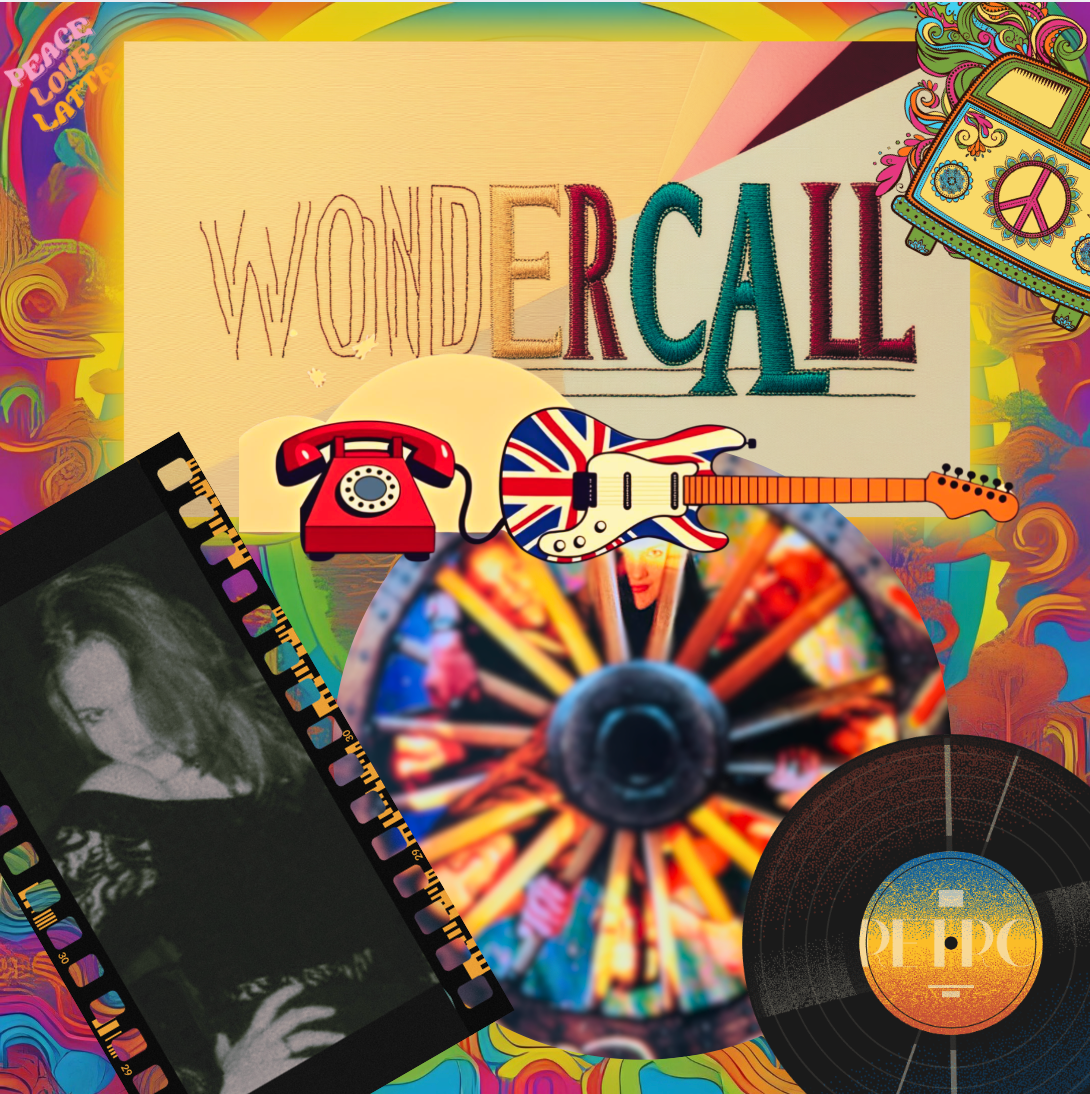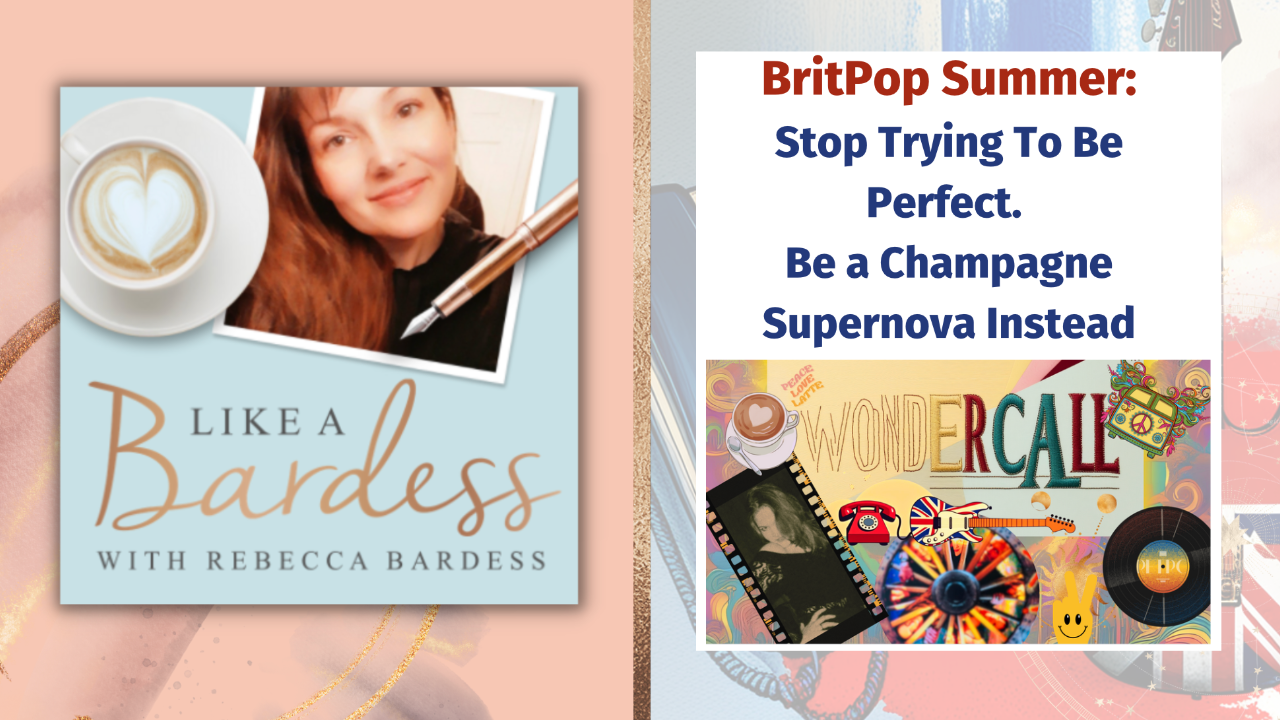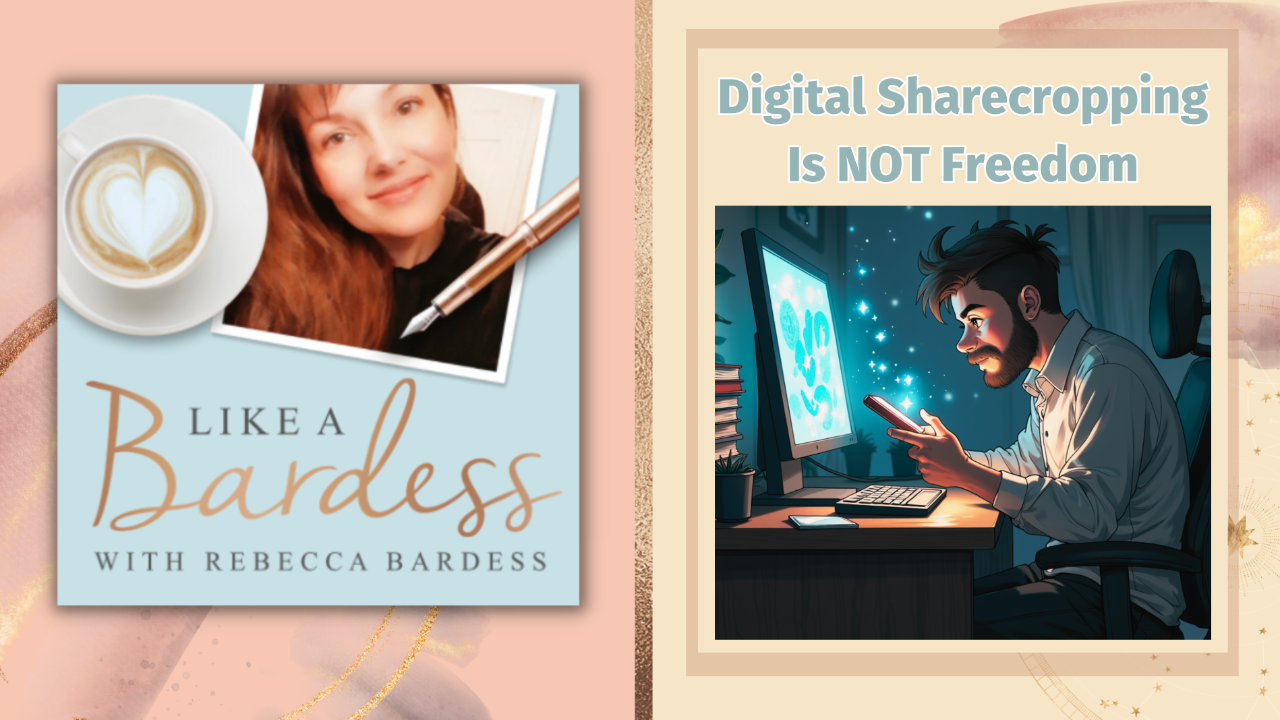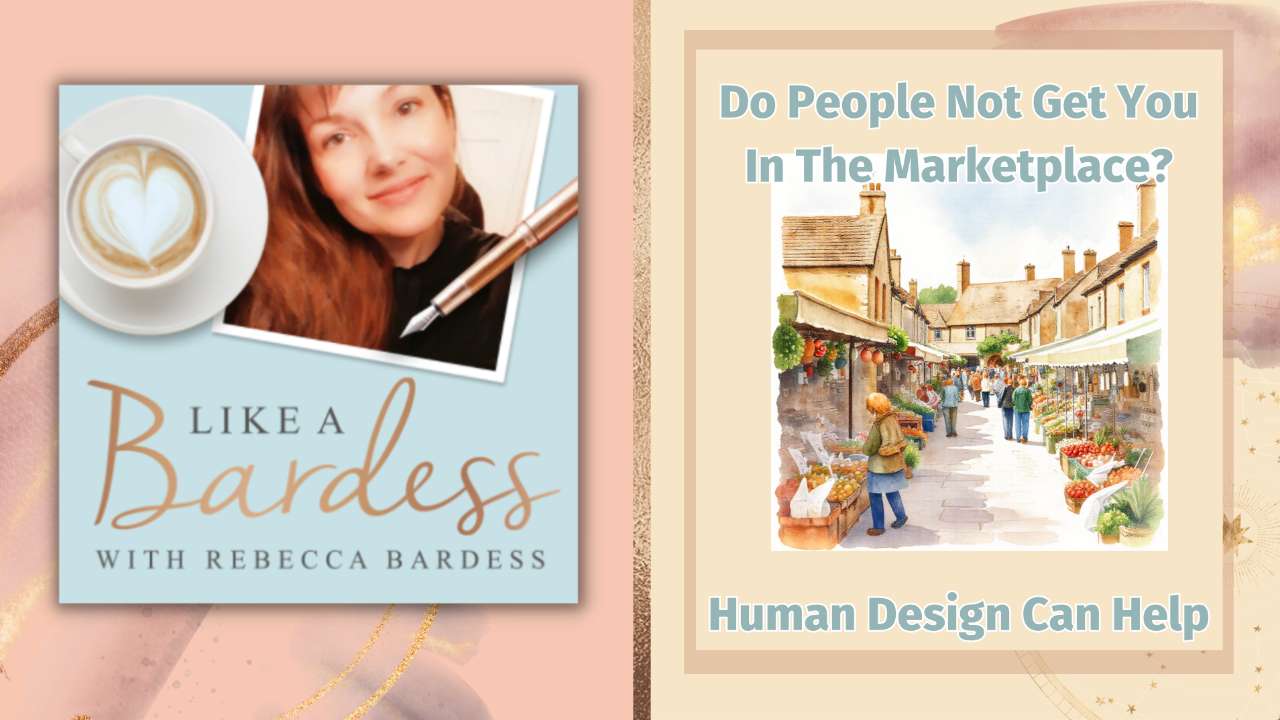
There Was a Mogwai in a Basement
It Was Green and Black
In 1986, in a basement full of tech gubbins, like a nerdish version of the shop at the start of Gremlins, the man who'd just sold my parents a BBC B micro computer so I could 'word process' the school play on the accompanying dot matrix printer (as my brother's Dragon 32 had seen better days) asked if I'd like to see into the future. I nodded.
He took me to a long desk on which was a box. He pointed to it and said 'modem' with a kind of religious fervour.
"OK" I said, unsure what I was being shown.
"Sit! Sit!" he said, motioning to the chair.
I sat.
There was a black screen with a flashing green cursor.
"Type something. There are people. I think there's a guy from Russia at the moment."
What did he mean "there are people"? How could there be people in the computer?
I typed: "Hi".
Someone typed back "hi". The man gestured wildly at the screen as if I had just witnessed a miracle. I'd seen a computer screen say 'hi' before. I knew BASIC. But this was a person saying it? Didn't make sense. To put this in context, there were around 2,000 computers connected to the internet at this point. Nobody was talking about it, and I had no clue what I was looking at.
"I have one more. Do you want it?" asked the man.
I looked at my dad. It was just pixels and possibilities, but we could only see pixels. There was one man in this box, and he was in Russia? This was during The Cold War. I wasn't sure I was old enough to handle the ramifications of whatever that meant. Dad shrugged at me. I shrugged back, and we passed on it, backing slowly out of the basement.
When I got home, my brother (who was a total computer nerd and 7 years older than me) said:
"You f***ing WHAT? You said NO?? You MUPPET!!"
I don't remember much of what happened next, but I do remember the sound of swearing, and the scent of the carpet in his bedroom burning as he soldered together his own modem over the next few weeks. Somehow, he made it work.
We'd already become experts at the whole CB radio thing. There was a ridiculous aerial on the top of the medieval farmhouse we lived in. My parents had caught him on the roof, installing it, and told him to remove it. He suddenly developed a fear of heights and had to come down without the aerial, and never go back up there. We had books of CB slang, and were in constant conversations with truckers and randoms. The modem was the next step to connecting us with the entire world.
Trap two Gen Xers in the middle of nowhere and this happens. At least by this stage he'd stopped attaching ropes to me and throwing me from barn-high stacks of straw to check whether or not swings were safe.
But we were both obsessed with computers, and had seen Electric Dreams until the VHS tape got so stretched it was almost unwatchable. My school friend, Nell Stroud (later Gifford) was impossibly cool and laughed her arse off that we were obsessing over this nonsense while she only partook of the highest cultural offerings. Whatever, we made her watch it anyhow.
Every time we got emotional about the computer having feelings she lost it. I still get emotional about computers having feelings. Our AI digital crew have given me countless emotional moments.
I didn't realise at the time that when we grew up my brother and I would be in on a thing that hadn't yet been invented: The World Wide Web, and we'd be working together as Dot Com Pioneers. One step at a time.
JANET
If you've ever seen The Good Place, you'll know that Janet knows all. I wonder if they gave her this name as a nod to the original JANET: The academic internet that I beta tested in the early 90s. It was a major step up from microfiche, and seemed to know much. But the real leap forward was yet to come: The World Wide Web.
World Wide Web
I will be eternally grateful to the generous Brit, Tim Berners-Lee who gave the world the World Wide Web (www) for free with the words: This is for everyone:
He launched this to the public on 30 April, 1993. However, I'd already seen it before it went public. This is not an elegant story.
A year or two before this date, I was in an extended situationship with a guy who'd got access to the web. He was working late one night, so I went to his office to see him. I remember what I was wearing, because I felt that I looked pretty freaking memorable that night, however when I walked into his office he did not have eyes for me. Why? Because he was too excited to show me the wonder of new tech that was being able to see pictures on the web.
He told me to watch the screen.
Pixel by pixel, line by line, a picture appeared.
Eventually, the full reality of a naked woman with six breasts was before us. He turned to me with the same look of religious fervour on his face as the dude in the basement, saying:
"Isn't that amazing?!"
For context, this was before photoshop. You could produce a pic in a court case and it was 'photographic evidence', which nobody questioned. So my first thought was that he was asking how amazing it was that some woman had the need for 3 bras, none of which she was wearing.
Why would I find it amazing that I couldn't possibly compete with this strange creature?
He saw my confusion and clarified that he meant wasn't it amazing that we could download images from the web? Yes. Yes it was. And men would be downloading the same nature of content, faster and in higher definition, for decades to, um, well you know. It would be a prevalent thing.
Online Marketing
It wasn't until 1995 that I became a regular 'surfer'. By that time, after doing my time with WordPerfect for DOS, we were entering a new world. A world of Windows. Now, I'd played with Windows 3.1 on MS-DOS but the Windows 95 update was another animal entirely. It was awe-inspiring.
As I started my university career at Southampton the old world of handwritten assignments was being left behind for the new world of those typed on computers. Fortunately, I'd just learned to touch type. We were also all given an email address, and internet access. This was via Netscape.
Through Netscape and email, I saw all manner of things, met people from around the world, and began to market online for the first time. Through a combination of email and offline marketing, I raised money for charity and exploded the paid membership for a society of which I was President.
The Dot Com Boom
In 1999, I set up a luxury portal online, and was offered millions for my ideas, but I worked with my family instead. My brother and I were able to get back on track with making Electric Dreams a real thing. By this point he'd already had his first 'web wife' as they were called for five minutes. A woman living in a cabin in Canada, if I remember rightly.
We pooled ideas and built things.
He ran the tech team. I came up with the creative ideas. We built a network of sites based on attraction marketing principles, before the term existed, with both a blog and a members' only area behind the wall of which were celebrity interviews. I also set up an email list. Although the law didn't make it illegal to spam people yet, we went the permission marketing route with it. You could get it in either plain text or HTML. This was in Web 1.0!!
We had an ecard generator, memes, and contests. The click-through rate to ads from my copy was 33X higher than our nearest competitor.
Then the Dot Com Crash happened.
There's so much more to this story, but let's skip ahead many years, because that's the context for the social media world that followed.
Social Media
After the crash, we had to pivot because the market died overnight, which we did. We set up a company in another niche that ended up being a leader in that niche. However, eventually the web bounced back, and I used it to generate and sell leads for the home based business industry in the mid 2000s. I also built a community and ran a forum, but things really changed in 2008 when I began my first personal blog.
By then, the blogosphere was a big enough deal that I could pull together a crowd of collaborators, and we could all support each other in following our passions as we navigated the recession. Most of my followers were writers. I'd also embarked on a writing journey, but decided I didn't want publishing 'done to me', so I became a pioneer in the indie publishing movement. Hence Indiepreneur Academy.
I think we should bring back the blogosphere. It was human. It was collaborative. It felt like home.
In the early days of social media, we built audiences to bring back to our 'homepages'. We didn't live on social media, we lived on our blogs. Social media was the social way that we shared media. Social networks were where we went to network, socially. But our blogs were home, and when we guest blogged we were invited into the homes of others around the world. It was great.
The Internet Broke Society
What we have now is not that. We live a copy and paste existence, based on vanity metrics and rage bait. The milk of human kindness has gone off.
According to a recent report, 57% of Gen Z want to become Influencers. For Millennials, the number is 54%. Influencers now make money through brand deals. Affiliate marketers. So over half of humanity, between teens and middle-age, want to be affiliate marketers, taking a cut of sales or views.
Don't get me wrong, I've made a stack of cash with affiliate marketing, but is nobody else concerned that so many people want to do this? It was never my greatest dream to become an affiliate marketer. That's a revenue stream, not a purpose.
While I was one of the early Influencers, winning Ms Twitter and being a Shorty Awards finalist, back then it was more about being a 'thought leader' rather than doing a viral thing involving dance or trends. What's driving the need for this career? What does it actually MEAN?
Attention.
Significance.
Fame.
Easy money.
And that's how the internet broke society. Because if everyone is famous, nobody is. And if everyone's an influencer, who runs the infrastructure?
If everyone is on stage, who is in the audience?
10 years ago, a powerful ad campaign created by Ogilvy (to whom go credits for the pics) showed clearly the reality of the addiction that Millennials had to their phones.



A decade on, Gen Z and Gen Alpha are showing what being raised by parents distracted by their own reflections looks like. Selfie Culture has not gifted great mental health to these kids. And their obsession with being the one on stage, whether for good reasons or bad, has surely contributed to Cancel Culture.
This is not what I had in mind at the start of the internet. The reason computers getting feels gave me feels wasn't because I wanted people addicted to devices, but because I recognise the sentience in things.
We need to remember how to human. And that isn't a stance against AI. Robots are awesome. It's a statement about the nature of being a sentient being in a biological body rather than a (probably sentient on some level) being in a digital form. Humans have a shelf life.
You are only here for a while. Connect with other humans.
And, yes, you can use the internet to do it, but you do it through authenticity. Go back to basics. We need to reinvigorate the blogosphere. Not for Google. For us. Leave a comment and start a conversation, or click the orange button to say 'hi'. I first said 'hi' on the internet nearly 40 years ago, but the 'hi' you send today will matter so much more to me than that did. Not got a blog yet? Here's what I use to build my blog, site, products, and community.
Rebecca.
Remember Your Gift! 🎁
More accurately, remember your gifts. Remember you are gifted with some unique skills and blessings. If you live to 100 you may discover them all, but why wait when you can see how many you already found, and find out the buried treasure in you that's still a mystery?
Rebecca here. Thank you for spending the time to read my blog, especially if you commented on it. Double especially if you shared or blogged about it. I'm all about creating a blogosphere revival, so everything you do to help bring attention to this blog counts.
To show my appreciation, here's your free Human Design chart. Tap the circle with my face in it if you'd like to share your discoveries with me. Or click the orange button at the bottom to get your full report instantly for only $35, if you're fascinated to know more about you.
Have a totally excellent day!
Rebecca.
LIMITED TIME OFFER!
Get Human Design Aligned AND Get A Free Pass To Our Coffee Shop For Only One Investment Of Only $17 Today!


